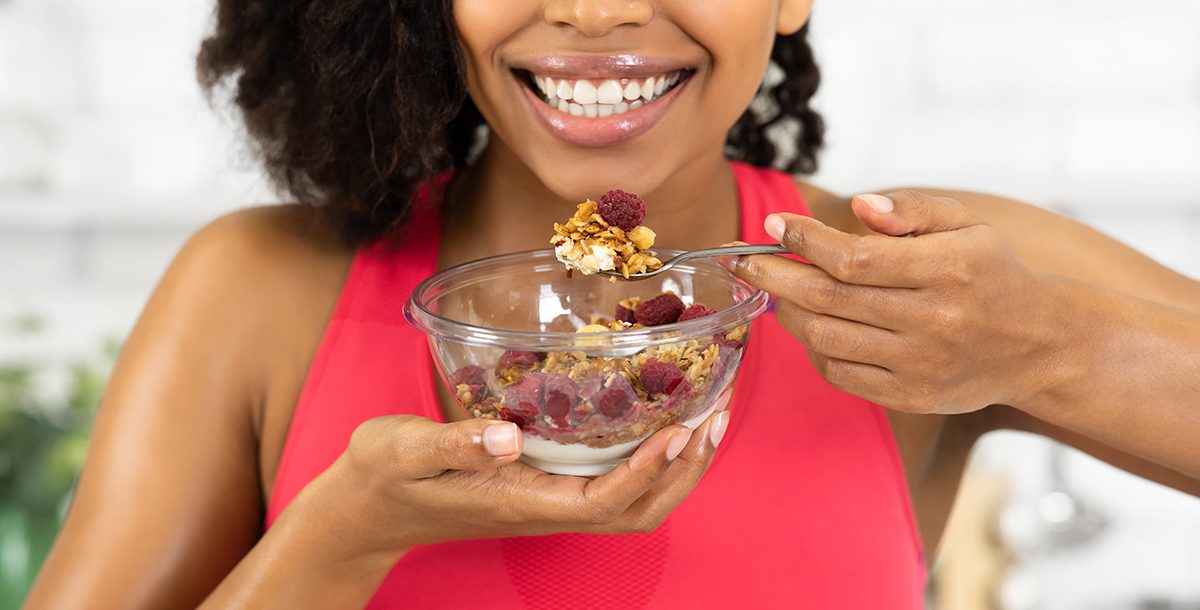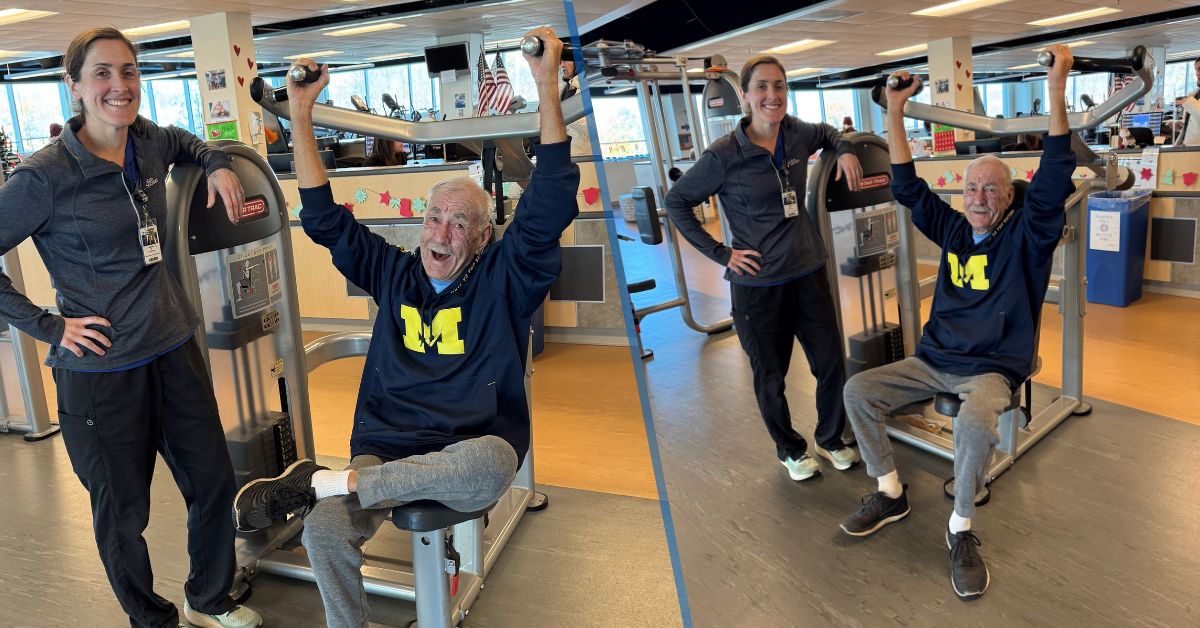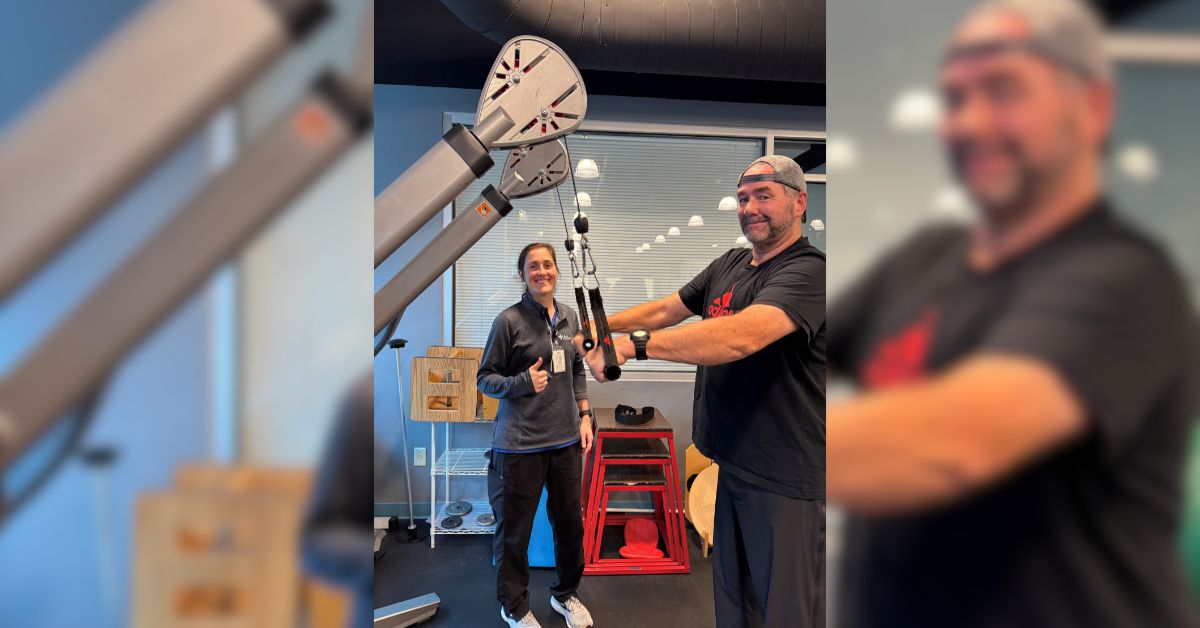While you may be choosing to avoid fitness centers right now due to COVID-19, there are still ample opportunities to exercise. As you take precautions to work out safely during the continuing pandemic, it’s important to observe good procedures to ensure a successful routine – stretching, hydration, and eating well.
Why should you eat before a workout?
When you put your body to work, you burn calories and use energy. Exercising on an empty stomach, though, is like going for a drive while low on gas. By the end you’re running on fumes, in either respect.
Skip breakfast before a morning exercise session, and you may feel light-headed or even nauseous. If you don’t feel good, it doesn’t bode well for the future if you’re reluctant to work out again.
This doesn’t mean you should sit down to a grand buffet before you embark on your jog or weights. Too much food may leave you logy and unwilling to put in the work. Instead try a small meal, enough to give you the fuel you need.
Before the workout
Give yourself time after eating before you dive into exercise. The shorter the time gap, the less you should consume, and you’ll want to choose foods you can easily digest.
If you can eat dairy but experience digestive issues on occasion, you may want to pass on yogurt. Be aware of how your body reacts and choose the right meal or snack for you.
Suggested pre-workout dishes
Protein-rich foods like prepared eggs (with or without veggies) and fortified protein powder smoothies are both good choices. Some studies suggest protein consumption before a workout can aid in muscle performance.
Whole grains like cereal or oatmeal are options as well. Foods with carbohydrates are known to help increase oxidation during exercise and boost energy.
After the workout
It’s not only crucial to drink lots of water after exercising to replenish fluids, but you should also eat within a few hours of your cool down. Try peanut or almond butter with an apple or in a sandwich, or egg with avocado. Avoid fried foods as well as high-sugar snacks and drinks.
Learn more about the nutrition services we offer at Bon Secours.





